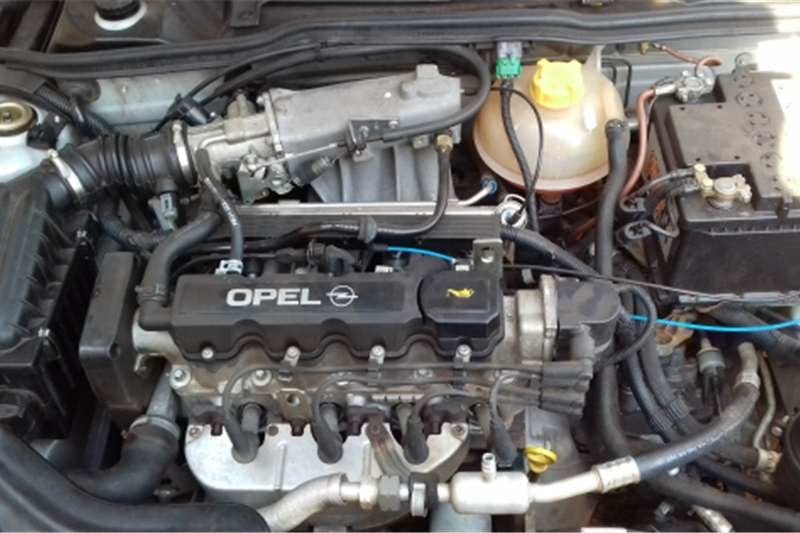Unveiling Opel Corsa 1.4 Engine Price Uses: Your Source for Costs Auto Parts
Unveiling Opel Corsa 1.4 Engine Price Uses: Your Source for Costs Auto Parts
Blog Article
Engine Acquiring Expert Tips on Choosing the Right Engine for Your Specific Needs
Choosing the best engine for your particular requirements involves a complicated interaction of factors that go beyond simple horse power figures. By diving right into the details of power versus performance, reviewing gas ratings, and budgeting for long-term expenses, one can genuinely optimize their engine option.
Power Vs. Efficiency: Finding the Balance
When choosing an engine, it is important to strike an equilibrium between power and performance to meet your details needs successfully. Power refers to the engine's ability to produce power for propulsion, establishing aspects like velocity, towing capability, and general performance - Opel Corsa 1.4 Engine Price. On the various other hand, efficiency connects to how well the engine uses gas to generate power, affecting variables such as gas economy and environmental kindness
Achieving the ideal balance in between power and performance is crucial because an engine that is as well effective might consume extreme gas, leading to greater operating expense and unneeded stress on the atmosphere. Conversely, an engine that prioritizes performance over power might lead to sluggish efficiency, particularly sought after situations like towing hefty lots or driving uphill.
To make an informed decision, consider aspects such as your regular driving problems, the desired use of the lorry, and your individual preferences. By evaluating your requirements and concerns, you can select an engine that strikes the perfect equilibrium in between power and effectiveness, guaranteeing optimal performance while reducing ecological influence and operating expense.
Understanding Engine Size and Kind
To better fine-tune the choice process of an engine that strikes the optimum equilibrium in between power and effectiveness, it is important to delve into the details of understanding engine size and kind. Engine dimension refers to the complete quantity of air and fuel that can be pushed through the engine cylinders.
Common engine kinds consist of inline engines, V engines, and rotary engines, each with its distinct benefits and disadvantages. Recognizing the interaction between engine size and type is essential in picking an engine that lines up with your particular needs and top priorities, whether it be power, performance, or an equilibrium of both.

Consider Your Vehicle's Requirements
If you are looking for an engine for a durable truck that will be used for towing, you will certainly require a powerful engine with high torque abilities. On the various other hand, if you are selecting an engine for a compact cars and truck largely used for city commuting, fuel effectiveness may be a more critical factor to consider.
If you frequently drive in hilly or hilly locations, a robust engine with great climbing up power will certainly be needed. By straightening the engine specs with your vehicle's requirements, you can make sure that your lorry operates efficiently and satisfies your performance expectations.
Reviewing Gas Performance Ratings
Assessing gas performance ratings is a vital facet of selecting the best engine for your lorry, making sure price financial savings and ecological sustainability. Fuel performance scores, usually determined in miles per gallon (MPG) for gas engines or kilowatt-hours per 100 miles (kWh/100 miles) for electric engines, indicate how far an automobile can travel on a certain quantity of fuel or power. Greater MPG or lower kWh/100 miles values represent more effective engines, equating to minimized gas costs and lower carbon discharges.
Additionally, contrast various engine options within the very same automobile class to determine the most cost-effective choice. Factors such as engine dimension, weight, aerodynamics, and hybrid or electric capacities can all affect fuel efficiency.
Budgeting for Long-Term Expenses
Strategically preparing for lasting costs is imperative when picking an engine, guaranteeing monetary sustainability over the car's life expectancy. While the preliminary purchase rate of an engine is a substantial factor, it is crucial imp source to think about the lasting costs associated with upkeep, fixings, and fuel intake. Choosing an extra fuel-efficient engine may have a greater in advance cost yet can cause considerable financial savings over time. Regular upkeep, such as oil changes, filter substitutes, and tune-ups, is important to keep the engine running efficiently and efficiently, lowering the threat of expensive repair work down the line.
Additionally, investigating the schedule and price of substitute parts for the chosen engine is important in budget plan preparation. Engines with readily available and budget friendly parts can significantly influence lasting maintenance costs. Additionally, taking into consideration the engine's sturdiness and anticipated lifespan can assist avoid unforeseen replacement costs in the future. By carefully budgeting for these long-lasting expenses and factoring them right into the decision-making procedure, individuals can select an engine that not only satisfies their prompt needs yet additionally stays cost-efficient throughout its life expectancy.
Conclusion
To conclude, choosing the right engine for your specific needs calls for balancing power and efficiency, recognizing engine size and kind, considering top article your lorry's requirements, evaluating fuel efficiency rankings, and budgeting for lasting costs. By very carefully considering these elements, you can ensure that you choose an engine that meets your needs and supplies optimum performance for your car.
To even more fine-tune the selection procedure of an engine that strikes the optimal balance between power and effectiveness, it is necessary to dive into the complexities of understanding engine dimension and kind. Engine dimension refers to the overall quantity of air and gas that can be pressed via the engine cyndrical tubes. Usual engine types consist of inline engines, V engines, and rotary engines, each with its unique advantages and disadvantages. Understanding the interaction in between engine size and kind is important in picking an engine that lines up with your details needs and priorities, whether it be power, effectiveness, or an equilibrium of both.

Report this page